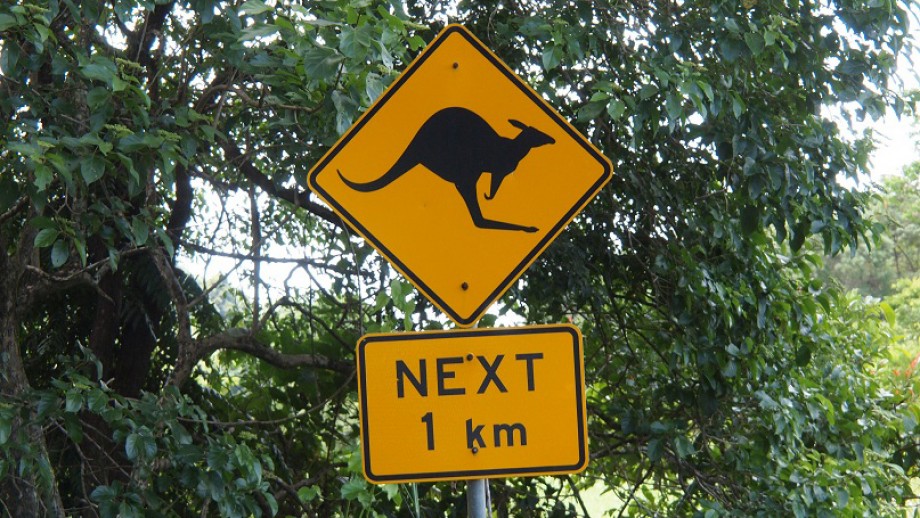ANU to explore the pitfalls of beginner driving
A new study at The Australian National University (ANU) will compare the ability of beginner and experienced drivers to spot obstacles on the road.
The study will also look at whether a driver's ability to spot obstacles improves, or gets worse, when not in control of the vehicle.
The project is being led by Honours student Alex Mackerras who said he hoped the research would be used to inform road safety policy.
"There's a huge difference between novice drivers and experienced drivers in accident statistics. Novice drivers are much higher risk," Mackerras said.
"One of the theories is that because they are still learning to operate the car, they can't pay as much attention to the road. It's a bit too much for them to handle."
Project supervisor Dr Vanessa Beanland said the research, which will be conducted using a recently purchased driving simulator, is also expected to have implications for computerised driving functions such as adaptive cruise-control and automated steering systems.
"People tend to get complacent when the driving is automated. They aren't as quick to respond in emergency situations. They aren't paying as much attention to the road," Dr Beanland said.
"In short, they switch off."
The study is being undertaken as part of Mackerras' Honours with the ANU Research School of Psychology. The study is currently seeking participants.
Mackerras said they are seeking P-Platers in their first 12 months of driving and experienced drivers with at least 10 years' experience and under the age of 40.

